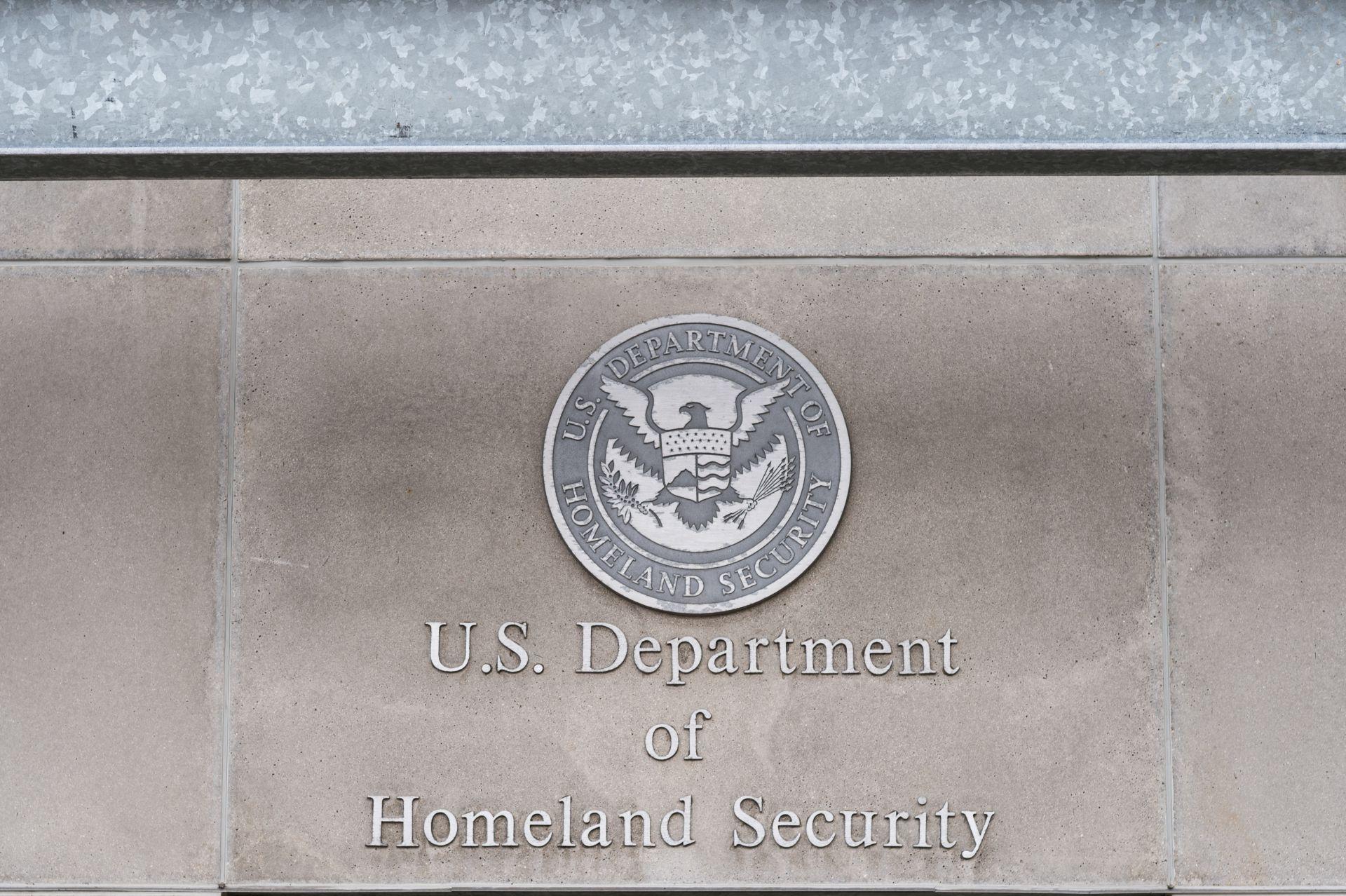
The Department of Homeland Security (DHS) Science and Technology Directorate (S&T) mission is to enable effective, efficient, and secure operations across the agency by applying scientific, engineering, analytic, and innovative approaches to deliver appropriate solutions that support each DHS Component’s unique needs. Two of S&T’s ongoing initiatives are to help DHS enhance its abilities to effectively and securely monitor the trade commodities that regularly come into the U.S. and to digitize credentials that are currently available only in paper format in order to prevent fraud, smuggling, counterfeiting, and forgery. To achieve these goals, S&T’s Silicon Valley Innovation Program (SVIP) is piloting the development of interoperable blockchain standards and specifications.
“DHS, like everyone else, obtains its technology from the private sector, and ensuring the existence of a competitive ecosystem of solution providers is very important to prevent vendor and technology lock-in,” said Anil John, technical director of SVIP. “SVIP, thru its investments, is motivating and shaping product development of blockchain and distributed ledger technologies to ensure that a foundation of security, privacy, and interoperability exists when those capabilities are deployed to meet DHS’s unique specifications and needs. Our end goal is to develop architecture and standards that will enable relevant organizations and agencies to choose their own technologies and IT infrastructures, particularly when they need to interoperate with DHS.”
In its ongoing effort to develop, pilot, and prove the efficacy of its blockchain standards for DHS, SVIP is working with multiple innovative blockchain start-ups focused on both supply chain security and digital credentialing.
“SVIP and our DHS Operational Component partners are providing guidance to these companies as they collaborate with each other and adapt their products to be interoperable through the use of global standards,” said John. “We want them to demonstrate that any organization that adopts these global standards will be able to work with DHS agencies if they want or need to.”
This past May, SVIP, as part of a Phase 1 deliverable, hosted an interoperability plug-fest to demonstrate the progress made in the area of true, multi-vendor, multi-platform interoperability. Mavennet Systems, Transmute Industries, and Factom, Inc., were able to successfully demonstrate the use of these standards to implement complete digital interoperability between their unique platforms and U.S. Customs and Border Protection’s (CBP) Office of Trade to securely share certificates and licenses related to commodities tracking (e.g., the import of oil, steel, and timber). In addition, Digital Bazaar, SICPA Product Security, Danube Tech, and Secure Key Technologies were able to use these global blockchain standards to implement interoperability between their platforms and U.S. Citizenship and Immigration Services (USCIS) to demonstrate the issuance and verification of digital permanent residence cards.
“SVIP’s efforts to champion the development of blockchain architecture and interoperability standards for DHS and collaborating organizations are very interesting to me,” said Vincent Annunziato, director of Business Transformation and Innovation, Office of Trade, CBP. “On any given day, CBP screens more than a million travelers coming in and out of the country and more than $7.3 billion worth of imported products–which is no easy task. Once these standards are successfully implemented, we will be able to work more effectively with both relevant DHS agencies and contractors to ensure interoperable and secure digital issuances, validations, and verifications of ID, supplier, product, logistics, and other shipment data from start to finish. And, most importantly, be able to make faster and more accurate decisions regarding whether or not certain goods or individuals should be allowed into the country.”
“Interoperability and having the capability to collaborate with relevant organizations both inside and outside DHS is crucial,” said Jared Goodwin, dhief of the Document Production Unit at USCIS. “When you handle documents that are tied to information such as citizenship status, immigration, and other important security concerns, prevention of forgery, counterfeiting, and tampering is absolutely critical. USCIS looks forward to using these blockchain processes to transition to a more secure digital issuance of these documents, as this will further the security and safety of the individuals who travel in and out of our country every day.”
The success and effectiveness of SVIP’s support for global interoperability standards and specifications are already being recognized and having an impact outside of the DHS. Multiple private sector organizations, both large and small, are supporting and implementing these standards and specifications, and the Canadian government has announced a portable credential work stream that is utilizing and supporting those same standards and specifications.


